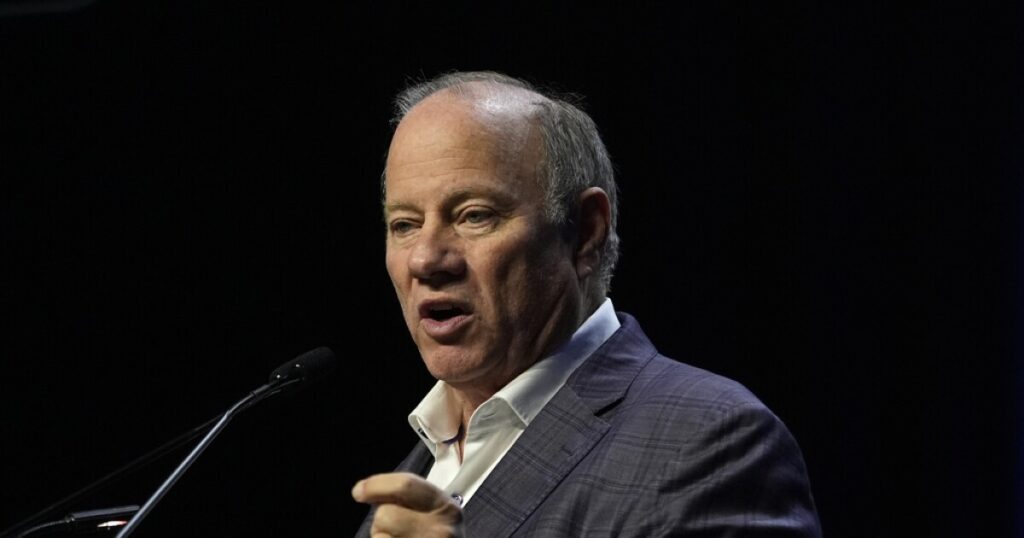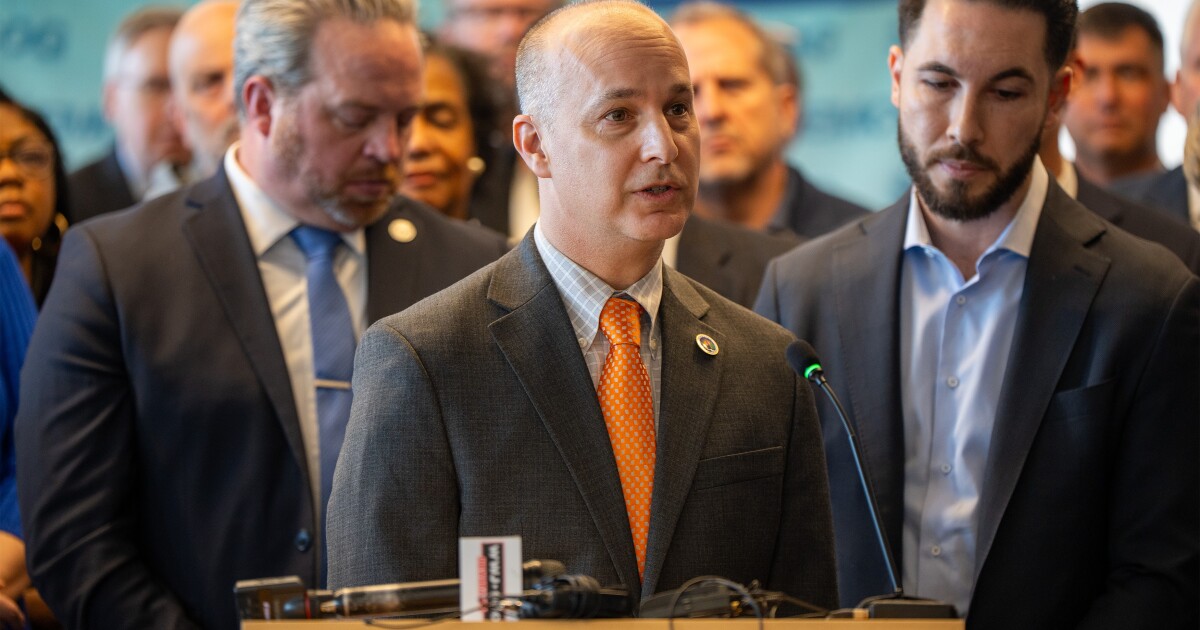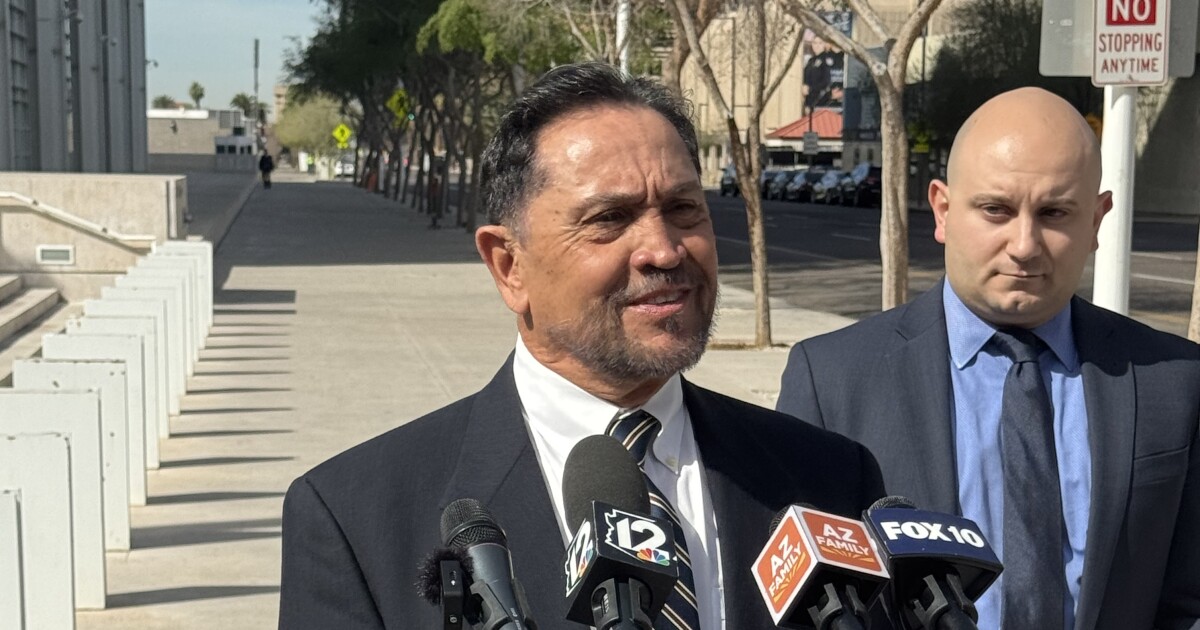The financial outlook for Detroit is looking optimistic as the city anticipates closing the fiscal year with a $60 million surplus, according to Mayor Mike Duggan. This positive projection marks the 11th straight year of surplus for the city.
During his address at the Detroit Police Department’s headquarters, Duggan outlined his plan to allocate approximately two-thirds of the surplus, around $42 million, to establish a reserve fund for the forthcoming fiscal year. He expressed concerns about potential revenue declines from corporate income taxes, citing unpredictable federal circumstances as a significant factor.
“This is the first time since I’ve been here we’ve seen corporate profits go down,” Duggan stated, emphasizing the need for financial prudence. “It does put you in a situation where something like tariff uncertainty can have a significant impact in a short period of time. … We are going to make sure we cushion against this.”
As Duggan steps away from his role as mayor to pursue a gubernatorial campaign in Michigan as an independent, he aims to leave his successor with a financial surplus, mirroring the situation he inherited.
Detroit, one of the 24 Michigan cities enforcing its own corporate income tax, faces potential revenue impacts from changes in federal tax laws. Provisions in the One Big Beautiful Bill Act, introduced under President Donald Trump, adjust asset depreciation calculations. This could lead to businesses reporting lower profits, thus diminishing taxable revenue for cities like Detroit. These changes could potentially cost the city $16 million, though applicability at the municipal level remains uncertain.
Additionally, Duggan voiced concerns about how a potential tariff war could affect the city’s manufacturing tax income.
Currently, Detroit has more than $500 million in cash reserves, including $150 million in a rainy day fund, $281 million in a retiree protection fund, and $71 million in a risk management liability fund. The proposed reserve fund to buffer against dips in corporate tax income requires city council approval.
Detroit’s Chief Financial Officer, Tanya Stoudemire, described the surplus estimate of $60.2 million as a “conservative estimate,” suggesting the final figure might be higher.
The surplus is attributed to cost-saving measures across various city departments, with Duggan praising department heads for their “diligence” in managing expenses this year.
—
Read More Michigan News









